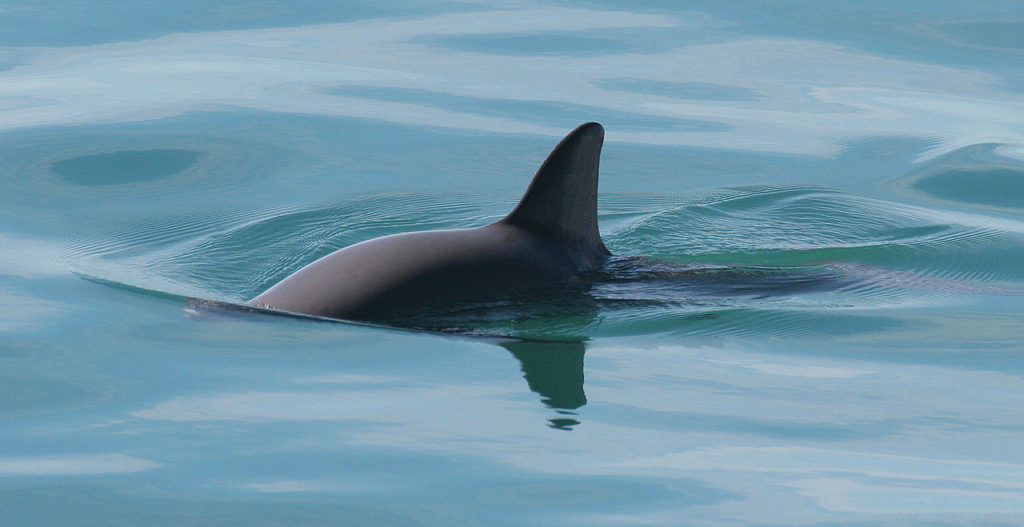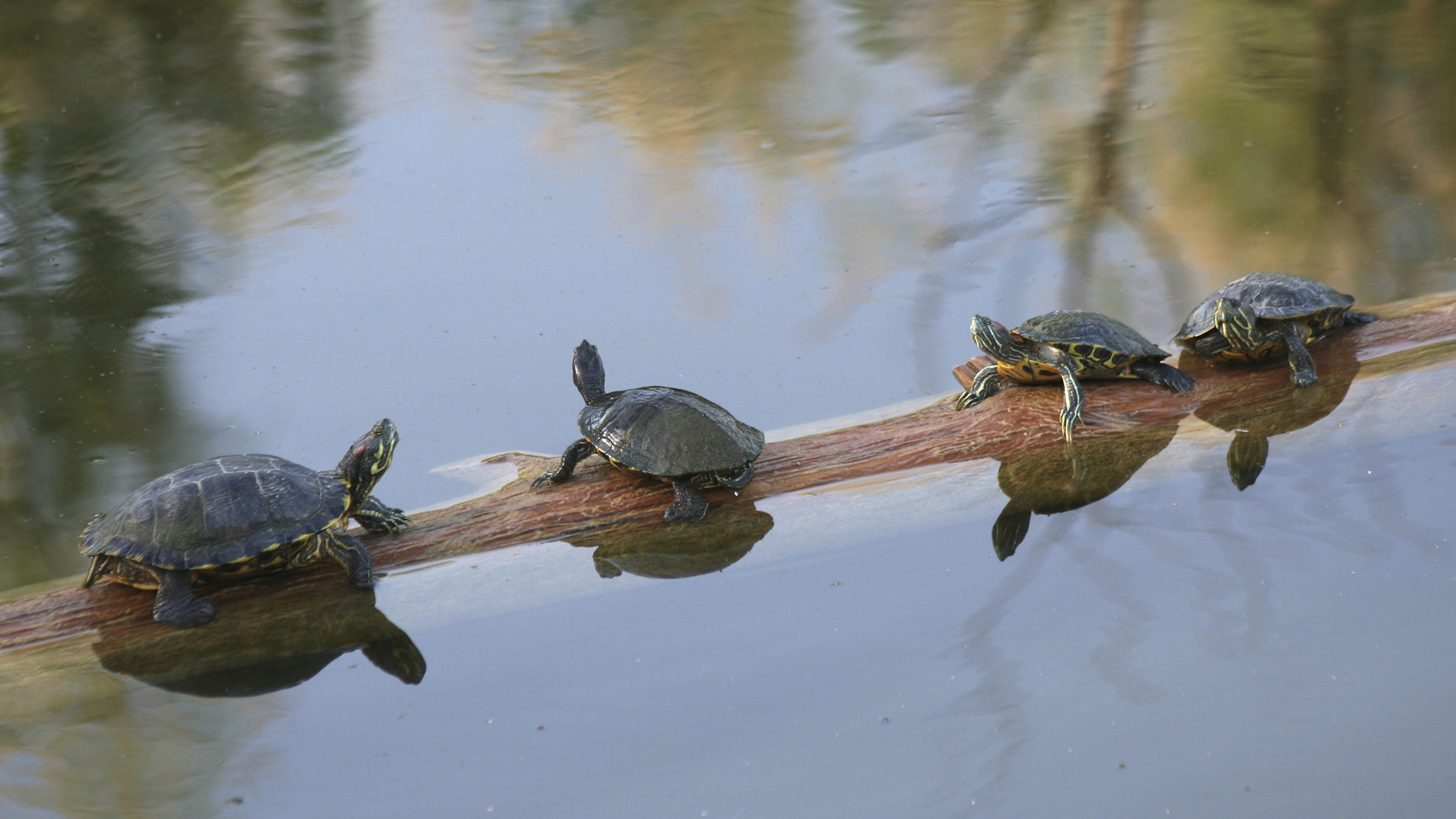Abstracts: Porpoises, Olympic Doping, and More
• The world’s smallest porpoise species — the vaquita — is critically endangered, with only about 60 of the animals left. (New York Times)
• Fear of discussing climate change reinforces “pluralistic ignorance,” the misconception that people are more doubtful about climate change than they actually are. (Washington Post)

New studies reveal that there are only 60 vaquitas (small porpoises) left in the world. (Visual by Paula Olson/NOAA)
• Federal agencies are committing $121 million to a new National Microbiome Initiative to fund research on the communities of microorganisms in our gut, our soils, and more. (The Atlantic)
• The history of an area’s civilization may be revealed through the types of plants that are found there long after the inhabitants are gone. (Nautilus )
• After environmental disasters like Chernobyl, animals and plants carry radiation beyond the pollution sites, providing insights and new complications. (Atlas Obscura)
• The content and culture of pre-med classes may not be supplying the medical education pipeline with best future doctors. (Scientific American)
• A Russian doctor reveals how staff at the Sochi Olympics anti-doping lab swapped out tainted urine samples for certain athletes. (New York Times)
• And finally, the U.S. doesn’t have an emergency fund to combat Zika or other diseases, but waiting to mobilize until after an outbreak hits might be too little, too late. (Vox)










